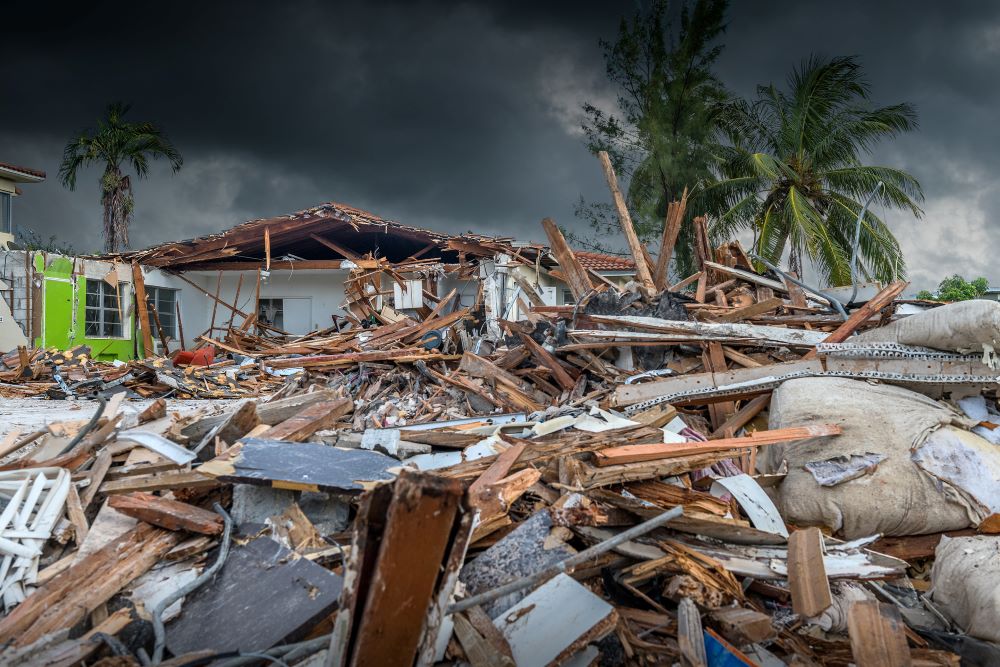When a natural disaster strikes, millions of people in the path of destruction may find themselves needing assistance, and generous people do what they can to help those in need. Unfortunately, during times of crisis, criminals exploit these disasters for their own gain by sending fraudulent communications through email, social media and creating fake websites to solicit contributions. If you are considering donating money to disaster relief efforts, here are a few ways to make sure your dollars go to the cause you support.
- Be wary of charities that spring up suddenly in response to current events and natural disasters. There is potential for a charity asking for money could be a scam. Contribute to organizations with experience assisting in disaster relief and the infrastructure in place to distribute those funds effectively. Additionally, make sure you don’t accept any unsolicited phone calls. If you do happen to answer one, look for questions prompting for more than just your payment information.
- Never open unsolicited emails or click on links that claim to show photos of disaster areas. They may contain harmful malware designed to steal your personal information. It may be tempting to help out with a cause but look for signs of suspicious email and charity names. Are there any differences in how a well-known charity’s name is spelled? Does it use any verbiage to indicate that your “friends” have sent you this email? These are just a couple ways to identify if the email is a fake.
- Do your research before texting a donation. Find the charity’s official website (typically the name of the org) and confirm that the charity has authorized text donations. Do NOT click on any links you’ve received through an unsolicited text. In this day and age where our phones are basically portable computers, make sure you confirm that the charity is legitimate and save yourself from the potential threat of someone hacking your phone.
- Verify the charity before providing your personal or financial information. Providing such information may compromise your identity, making you vulnerable to theft. Never provide your bank or credit or debit card information to anyone who solicits you by phone. Never send cash, or wire money when making a donation. Write a check to the organization, or pay by credit card (not debit card) through the charity’s official website. This step can help you document the donation for your records, and for tax purposes.
- Check the charity on sites like BBB.ORG, FTC.GOV or the Florida Dept. of Agriculture
If you believe that you are a victim of a disaster relief scam, or if you suspect that an organization or individual is engaging in fraud, report it immediately to the National Center for Disaster Fraud at (866) 720-5721, or by email at disaster@leo.gov or www.justice.gov/disaster-fraud.

